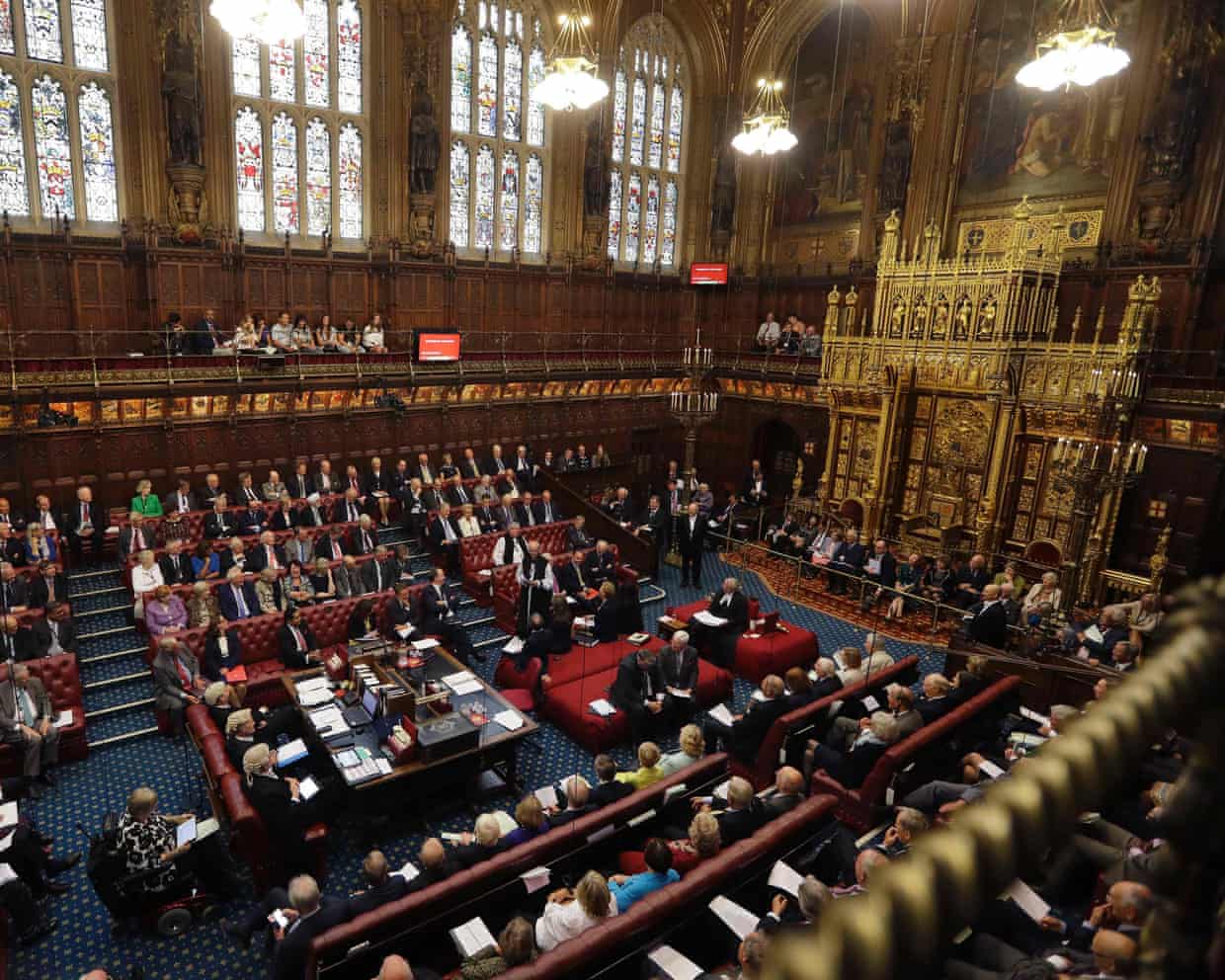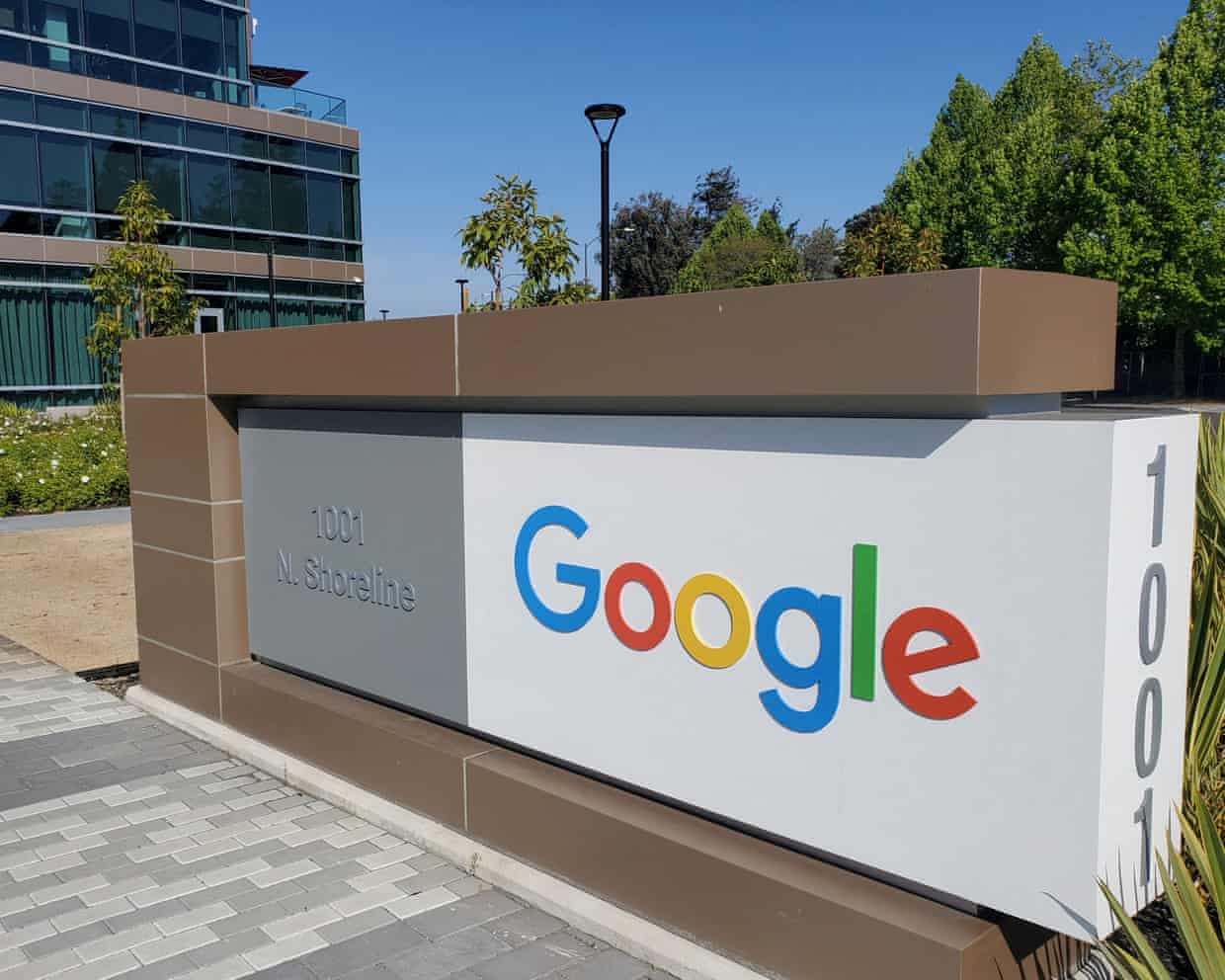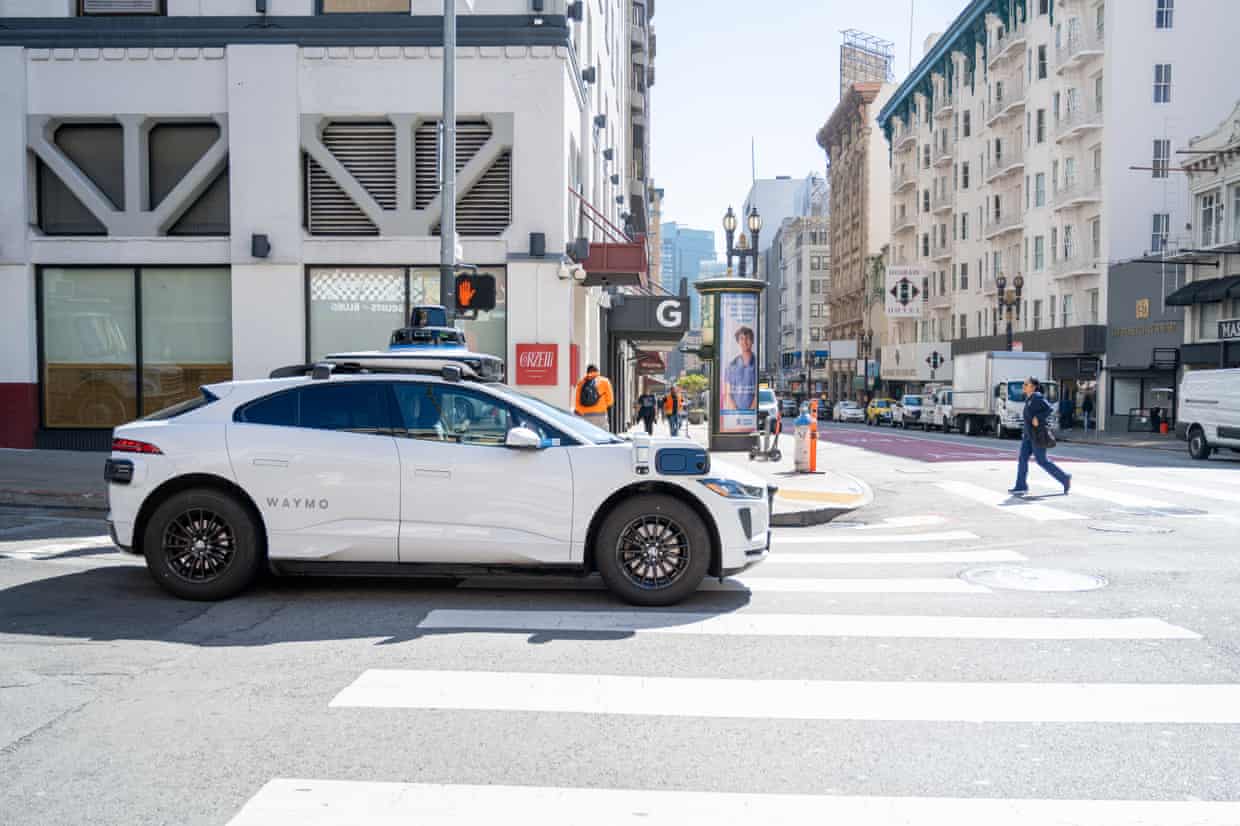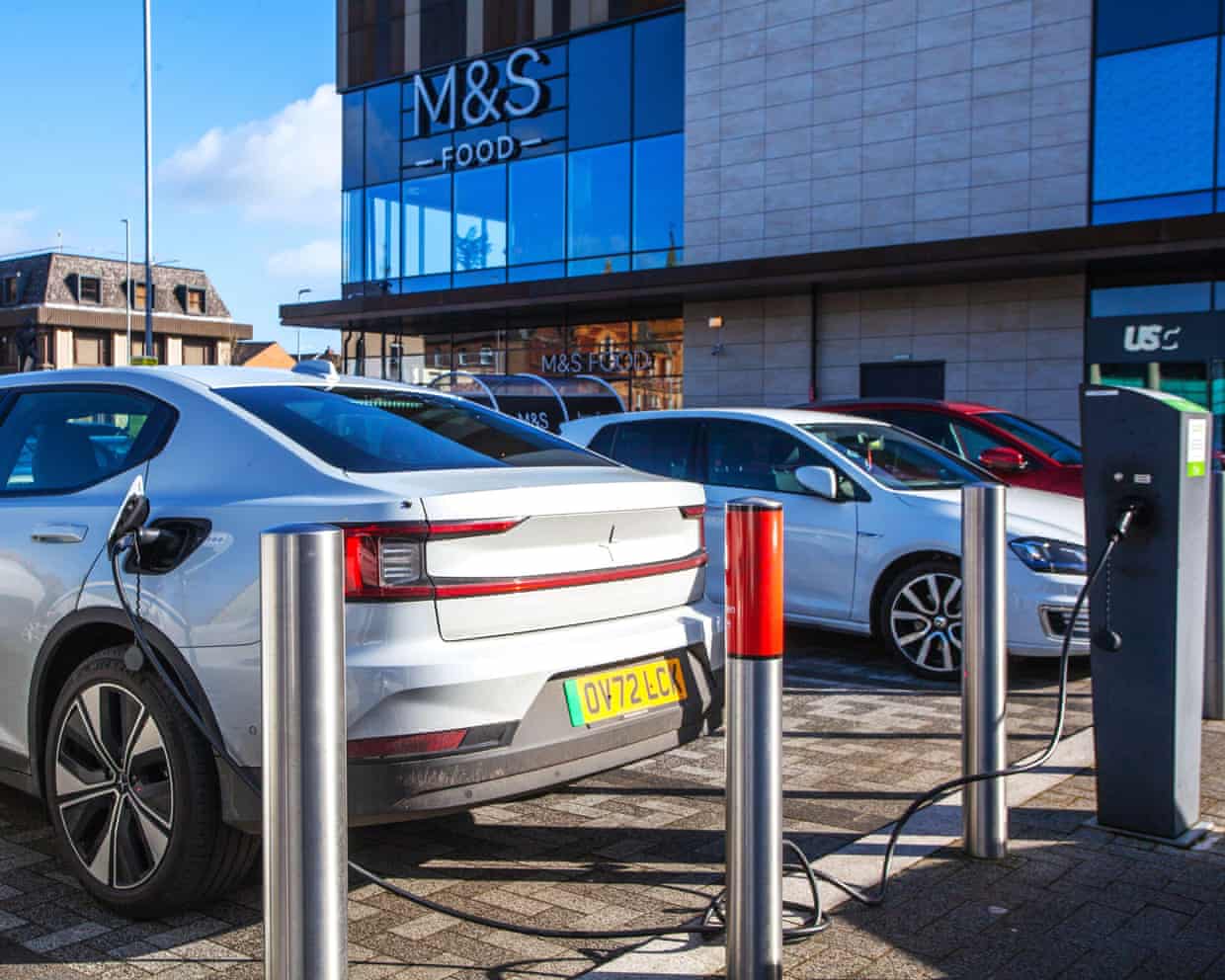Peers to mount fresh offensive to halt assisted dying bill

Peers will mount a new offensive to halt the assisted dying bill on Friday, tabling almost 1,000 new amendments to the legislation in an effort to run down the clock.More than half of the 942 amendments have been tabled by just seven members of the House of Lords, all of them vocal opponents of assisted dying (AD).A source close to the bill said it was possible it could in effect get filibustered if peers pushed many amendments to a vote.The bill – which began as a private member’s bill from Labour MP Kim Leadbeater – passed the House of Commons in June and is now in the House of Lords.On Thursday night, 65 peers including two cabinet secretaries, the former Labour leader Neil Kinnock and the former Tory leader Ruth Davidson warned that it would be anti-democratic for the Lords to kill the bill after it had been passed by a reasonable majority in the Commons.
Its opponents argue that the bill is not in the government’s manifesto and therefore the rules over the primacy of the Commons do not apply.Unlike in the Commons, the lord speaker does not have the power to choose or group amendments to limit them.The signatories of the letter, including Gus O’Donnell, Andrew Turnbull, former lords speaker Helene Hayman, the scientist Robert Winston, as well as Kinnock, Davidson, and the former Green leader Natalie Bennett, said it was not the job of the Lords to stop the bill.“Our role is to test and refine the bill where genuine improvements can be made, while respecting both the will of the Commons and the overwhelming support of the public.“It is not our role to frustrate the clear democratic mandate expressed by elected Members.
”It added: “This is an issue of immense public importance, commanding support across society.The public rightly expects this House to conduct its scrutiny with integrity, care and a focus on practical improvement.“We owe it to dying people to use the ample time available to make this law workable, safe and compassionate.”In response to the letter, Labour’s Luciana Berger, who has opposed the bill, said: “The Lords select committee took evidence from a wide range of professional bodies and organisations including the EHRC, that strongly refuted any suggestion this bill is either safe or workable, with the EHRC itself strongly criticising the government’s equality impact assessment.Sign up to Headlines UKGet the day’s headlines and highlights emailed direct to you every morningafter newsletter promotion“We also heard that palliative care developments have slowed in legislatures that have introduced AD.
This bill is full of holes which vulnerable people will fall through and be harmed if peers don’t act to change and amend it.”Those who have tabled the amendments to the bill include Ilora Finlay, a former doctor who has been a campaigner against assisted dying, as well as the former Paralympian Tanni Grey-Thompson, who was one of the key voices speaking to MPs to try to persuade them the bill would put disabled people at risk.Both have tabled more than 100 amendments.The former health secretary, Thérèse Coffey, has tabled 60.Backers of the bill said there was still a high expectation that the bill would pass and that most peers would expect to follow convention.
One said they were “confident that there is a clear majority in the Lords – including opponents as well as supporters of the bill – who believe the upper house should scrutinise but not seek to frustrate the will of the elected chamber”.

UK firms can win a significant chunk of the AI chip market | John Browne
The UK is in a uniquely promising position, far too little understood, to play a lucrative role in the coming era of artificial intelligence – but only if it also grabs the opportunity to start making millions of computer chips.AI requires vast numbers of chips and we could supply up to 5% of world demand if we get our national act together.Our legacy in chip design is world-class, starting with the first general-purpose electronic computer, the first electronic memory and the first parallel computer. Today we have Cambridge-based Arm, a quiet titan designing more than 90% of the chips powering phones and tablets globally.With such a pedigree, it is not idle daydreaming for British companies to win a significant chunk of the AI chip market; 5% is a conservative, achievable ambition

EU investigates Google over ‘demotion’ of commercial content from news media
The EU has opened an investigation into Google Search over concerns the US tech company has been “demoting” commercial content from news media sites.The bloc’s executive arm announced the move after monitoring found that certain content created with advertisers and sponsors was being given such a low priority by Google that it was in effect no longer visible in search results.European Commission officials said this potentially unfair “loss of visibility and of revenue” to media owners could be a result of an anti-spam policy Google operates.Under the rules of the Digital Market Act (DMA), which governs competition in the tech sectors, Google must apply “fair, reasonable and non-discriminatory conditions of access to publishers’ websites on Google Search”.Commission officials said the investigation was not into the overall indexing of newspapers or their reporting on Google Search, just into commercial content provided by third parties

Anthropic announces $50bn plan for datacenter construction in US
Artificial intelligence company Anthropic announced a $50bn investment in computing infrastructure on Wednesday that will include new datacenters in Texas and New York.“We’re getting closer to AI that can accelerate scientific discovery and help solve complex problems in ways that weren’t possible before,” Anthropic’s CEO, Dario Amodei, said in a press release.Building the massive information warehouses takes an average of two years in the US and requires copious amounts of energy to fuel the facilities. The company, maker of the AI chatbot Claude, popular with businesses adopting AI, said in a statement that the “scale of this investment is necessary to meet the growing demand for Claude from hundreds of thousands of businesses while keeping our research at the frontier”. Anthropic said its projects will create about 800 permanent jobs and 2,400 construction jobs

Waymo announces that its robotaxis will drive freeways for the first time
Alphabet’s Waymo said on Wednesday that it would begin offering robotaxi rides that use freeways across San Francisco, Los Angeles and Phoenix, a first for the Google subsidiary as it steps up expansion amid global and domestic competition in the self-driving industry.Freeway rides will initially be available to early-access users, Waymo said. “When a freeway route is meaningfully faster, they can be matched with a freeway trip, providing quicker, smoother, and more efficient rides,” it said.Waymo, which already operates in parts of the San Francisco Bay Area, is also extending operations to San Jose, including Mineta San Jose international airport, the second airport in its service area after Phoenix Sky Harbor.The move comes as Tesla expands its robotaxi service with safety monitors and drivers, and Zoox – backed by Amazon – offers free robotaxi rides on and around the Las Vegas Strip

A tax roadmap for electric cars | Letters
Rachel Reeves’s proposal to introduce a pay-per-mile tax levy on electric vehicles is idiotic, especially suggesting that hybrid vehicles will have a reduced rate and still pay the usual road tax (Rachel Reeves considering pay-per-mile tax for electric vehicles in budget, 6 November). Furthermore, requiring drivers to predict their yearly mileage in advance and then pay or reclaim the difference for actual mileage depending on whether they have underestimated or overestimated it is too cumbersome. If the DVLA is to oversee the collection/repayment system, it will undoubtedly need to recruit more staff or outsource the arrangement, with all the attendant pitfalls that would entail.The fairest way for the taxation of all motorists is to abolish the road tax and introduce a road toll system, as used on the Dartford crossing and the M6 toll road. Automatic number plate recognition (ANPR) would need to be an essential feature

Tech companies and UK child safety agencies to test AI tools’ ability to create abuse images
Tech companies and child protection agencies will be given the power to test whether artificial intelligence tools can produce child abuse images under a new UK law.The announcement was made as a safety watchdog revealed that reports of AI-generated child sexual abuse material [CSAM] have more than doubled in the past year from 199 in 2024 to 426 in 2025.Under the change, the government will give designated AI companies and child safety organisations permission to examine AI models – the underlying technology for chatbots such as ChatGPT and image generators such as Google’s Veo 3 – and ensure they have safeguards to prevent them from creating images of child sexual abuse.Kanishka Narayan, the minister for AI and online safety, said the move was “ultimately about stopping abuse before it happens”, adding: “Experts, under strict conditions, can now spot the risk in AI models early.”The changes have been introduced because it is illegal to create and possess CSAM, meaning that AI developers and others cannot create such images as part of a testing regime

’Tis the season for dubious TV adverts | Letters

US markets struggle amid tech sell-off and economic uncertainty

Thames Water tried to make MP pay its legal fees of up to £1,400 an hour

Pound falls and UK borrowing costs rise as Reeves ditches plans for income tax hike – as it happened

Walmart CEO Doug McMillon to step down after more than a decade in role

‘Red cup rebellion’: striking Starbucks baristas urge customers to stay away